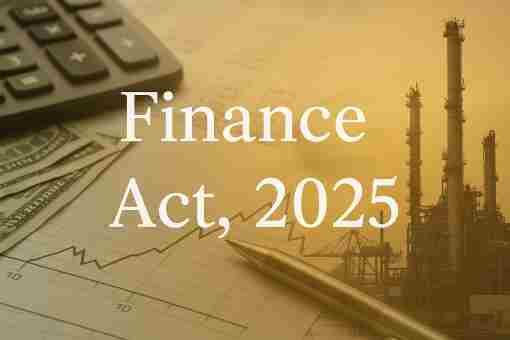Islamabad, July 2, 2025 – Think tax amnesties are a thing of the past? Think again. In a surprising twist, the Finance Act, 2025 may have quietly reintroduced an amnesty—but this time, it’s wrapped in legalese and called the “declaration of sufficient sources.” Confused? Let’s walk through it.
🔍 What Just Happened?
The Finance Act, 2025, recently passed by Parliament, includes a new Section—114C—in the Income Tax Ordinance, 2001. It allows ineligible persons (those not registered as taxpayers or previously barred from tax benefits) to:
• Buy vehicles worth up to Rs7 million
• Purchase property up to Rs100 million
• Invest in stocks or debt worth Rs50 million
• Withdraw cash up to Rs100 million annually
Here’s the kicker: these transactions won’t be questioned under the usual scrutiny of Section 111, which deals with unexplained income.
❓ Wait… Isn’t That an Amnesty?
It sure looks like one.
While the word “amnesty” doesn’t appear on the surface, the Finance Act creates a loophole—a legal backdoor amnesty. This allows previously non-compliant individuals to declare large assets without facing audits or penalties.
And yes, this goes directly against the government’s prior commitments to the IMF to avoid tax amnesty schemes during the current program.
🧾 What Does This Mean for You?
• If you’re a compliant taxpayer: You might feel penalized for playing by the rules.
• If you’ve stayed outside the system: This could be your “clean slate” moment—without calling it one.
But critics warn: it rewards non-compliance and undermines trust in the system. Why file taxes properly when others get a pass?
🤔 Who Else Benefits?
The Finance Act also expands the category of “eligible persons” to include family members of taxpayers—further widening the net for this informal amnesty.
💬 The Real Question
With the Finance Act 2025 now law, one question echoes across dinner tables and boardrooms alike:
“Is this tax justice—or just tax cleverness?”
Either way, the line between compliance and forgiveness just got a whole lot blurrier.
